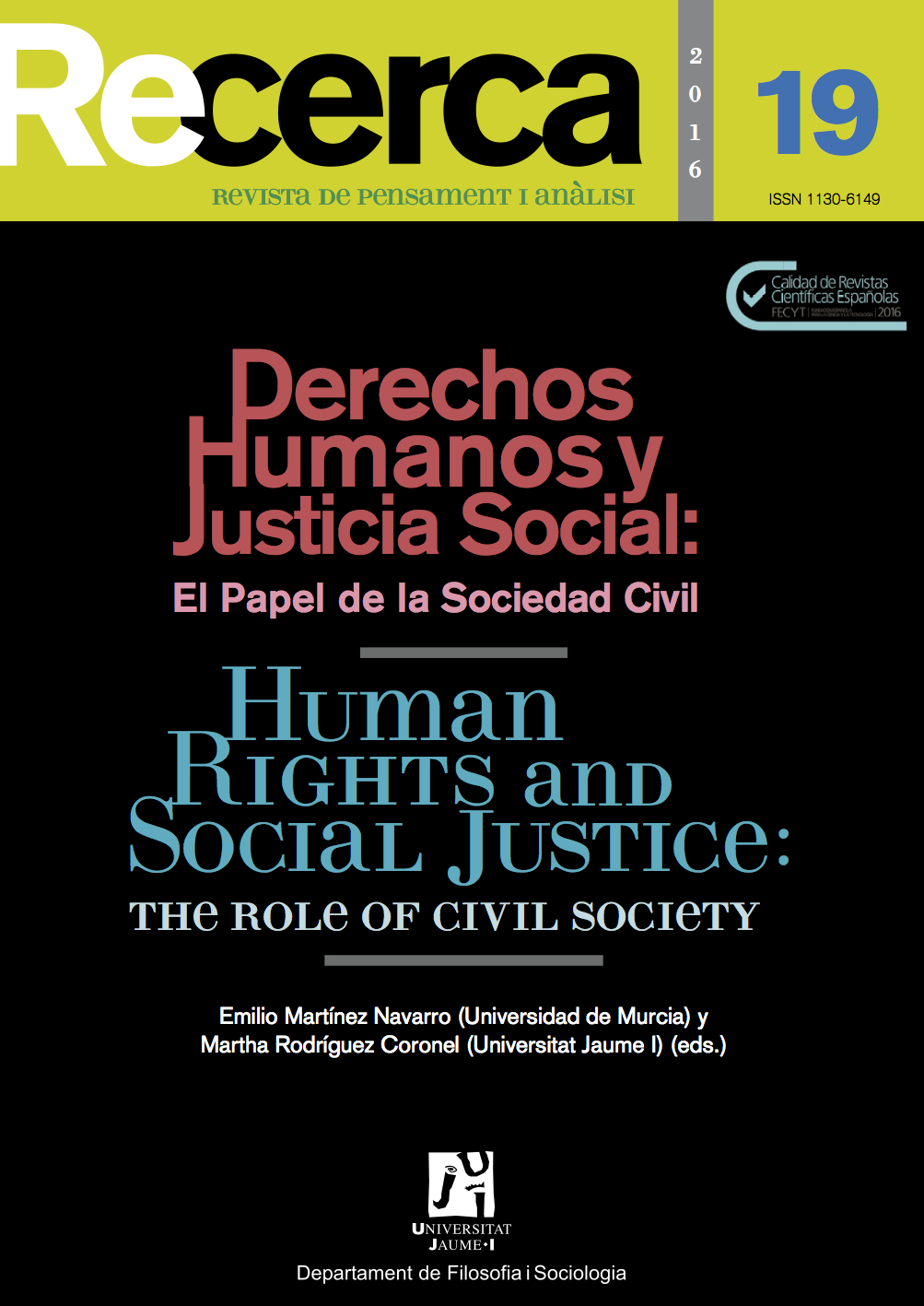Los nuevos despotismos: imaginando el fin de la democracia
Contenido principal del artículo
Resumen
Este ensayo se propone plantear una nueva perspectiva acerca de una tendencia inquietante que está configurando nuestro mundo en estos primeros años del siglo XXI: el auge del despotismo. Nos preguntamos si los regímenes de poder que se ponen de manifiesto en países como Rusia, Vietnam, Arabia Saudita, Turkmenistán, China y Brunéi, y los Emiratos Árabes Unidos tienen características en común, a pesar de ser a su vez tan diferentes en otros aspectos. La respuesta es afirmativa; empezando por su concentración geográfica en la región Euroasiática, definida ampliamente de tal suerte que incluya el espacio territorial que se extiende a lo largo de Rusia, Turquía, las monarquías del Golfo e Irán en el oeste, atravesando las repúblicas de Asia central, China y Japón, hasta Indonesia, Australia, Nueva Zelanda y Fiji en el extremo este. Esta región es el nuevo centro gravitacional geopolítico del planeta. Este ensayo explica por qué el despotismo, término en desuso, merece ser retomado, y porqué los regímenes despóticos de nuestro tiempo no deben considerarse simplemente como un tipo de estado territorial.
This essay sets out to make new sense of a disturbing trend shaping our world in these early years of the 21stcentury: the rise of despotism. It asks whether the regimes of power displayed in countries otherwise as different as Russia, Vietnam, Iran; Saudi Arabia; Turkmenistan; China and Brunei, Saudi Arabia and the United Arab Emirates share things in common. It answers that they do, beginning with their geographic concentration in the Eurasian region, broadly defined to include the territorial spaces stretching from Russia, Turkey, the Gulf states and Iran in the west through to the central Asian republics, China and Japan, Indonesia, Australia, New Zealand and Fiji in the far east. The region is the new geo–political centre of gravity of our planet. It is also the heartland of the new despotisms, which are proving to be powerful actors, both in the region and within a wide range of global settings. The essay explains why the old–fashioned term despotism deserves to be revived, and why the new despotisms of our time should not be thought of simply as a type of territorial state.
Descargas
Detalles del artículo
Citas
Diamond, L. (2002): «Thinking About Hybrid Regimes», Journal of Democracy, 13, pp. 21–35.
Hiro, D. (2009): Inside Central Asia, New York, Overlook Press.
Jensen, J. (2008): «Civis mundi sum: global civil society», Recerca. Revista de Pensament i Analisi, 8, pp.67–89.
Khara, H. (2010): «The Emerging Middle Class in Development Countries». Working Paper, 285, Paris, OECD Development Centre.
Montesquieu, C. D., & Nugent, T. (1873): The spirit of laws Vol. I, Cincinnati, Robert Clarke.
O’donnell, G. (2004): «Delegative Democracy», Journal of Democracy, 5, pp. 55–69.
Paine, T. (1996): Rights of Man, Hertfordshire, Wordsworth Editions.
Pei, M. (2006): China’s trapped transition: the limits of development autocracy, Cambridge, Harvard Press University.
Tocqueville, A. (1969): Democracy in America, New York, Anchor Books.
Zakaria, F. (1997): «The Rise of Illiberal Democracy», Foreign Affairs, 76, pp. 22–43.
Zedong, M. (1975): Selected Works of Mao Zedong Vol. 2, Beijing, Foreign Languages Press.
Al Hasani, S. (2014): «Iran says seals gas export deal with Oman», Reuters, consultado el 12 marzo 2016, disponible en http://www.reuters.com/article/us–iran–oman–gas–idUSBREA2B24K20140312
Bbc News (2001): «The cult of the Turkmen leader», consultado el 12 marzo 2016, disponible en http://news.bbc.co.uk/2/hi/asia–pacific/1634100.stm
Blua, A. (2005): «Turkmenistan: Circumstance Of Niyazov’s Birthday Surrounded By Plenty Of Pomp», Radio Free Europe Radio Liberty, consultado el 12 marzo 2016, disponible en http://www.rferl.org/content/article/1057515.html
Georgy, M. y Kali, S. (2015): «Gulf Arab allies pledge $12 billion to Egypt at summit», Reuters, consultado el 12 marzo 2016, disponible en http://www.reuters.com/article/egypt–economy–investment–idusl5-n0wf1lo20150313
Guerin, O. (2014): «Egypt court sentences 528 Morsi supporters to death», BBC News, consultado el 12 marzo 2016, disponible en http://www.bbc.com/news/world–middle–east–26712124
Halpin, T. (2008): «Turkmenistan lifts curtain on banned arts», The Times, consultado el 12 marzo 2016, disponible en http://www.thetimes.co.uk/tto/news/world/asia/article2608210.ece
Harding, L. (2008): «Turkmenistan to drop late dictator’s month names», The Guardian, consultado el 12 marzo 2016, disponible en http://www.theguardian.com/world/2008/apr/25/1
Kimmage, D. (2008): «Russian ‘Hard Power’ Changes Balance In Caucasus», Radio Free Europe Radio Liberty, consultado el 12 marzo 2016, disponible en http://www.rferl.org/content/Russia_Changes_Balance_In_Caucasus/1190395.html
Nandy, A. (2008): «Democracy Is Now Psephocracy» [Entrevista por Sheela Reddy], Outlook India, consultado el 12 marzo 2016, disponible en http://www.outlookindia.com/magazine/story/democracy–is–now–psephocracy/237806
Pannier, B. (2001): «Turkmenistan: For Niyazov, Good Government Help Is Hard To Find», Radio Free Europe Radio Liberty, consultado el 12 marzo 2016, disponible en http://www.rferl.org/content/article/1096956.html
Pomerantsev. P. (2014): «The Hidden Author of Putinism», The Atlantic, consultado el 12 marzo 2016, disponible en http://www.theatlantic.com/international/archive/2014/11/hidden–author–putinism–russia–vladislav–surkov/382489/
Putin, V. (2014): «Address by President of the Russian Federation», Official Internet Resources of the President of Russia, consultado el 12 marzo 2016, disponible en http://en.kremlin.ru/events/president/news/20603


